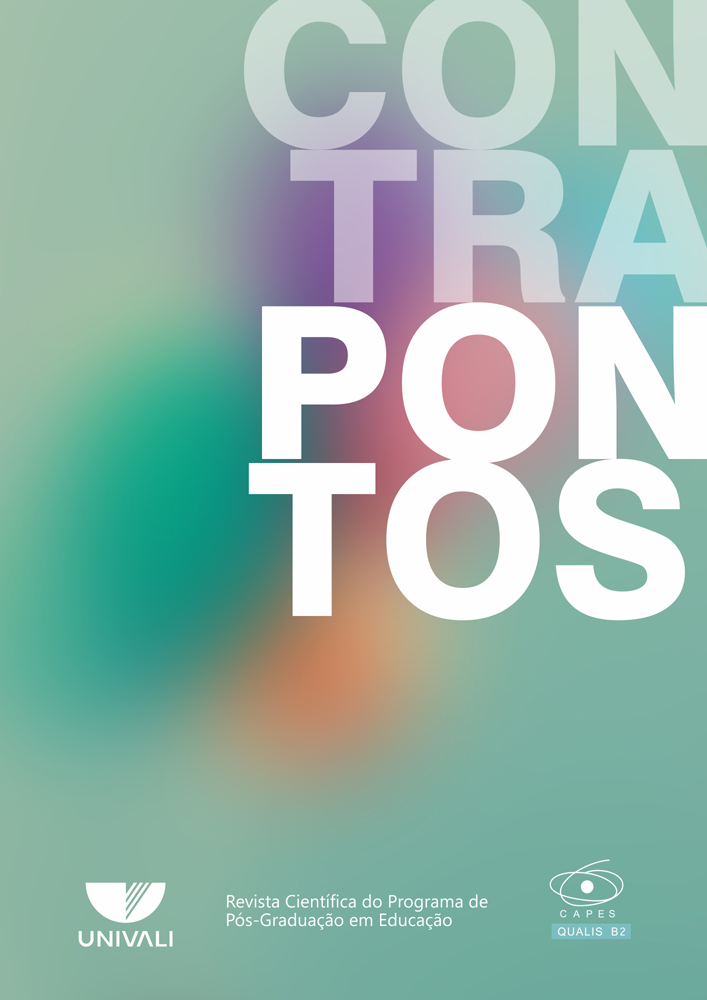
This article reflects on the possibility of education for emancipation, and its pedagogical implications in the context of today’s society. As theoretical references, we start with some works by Imannuel Kant, and in particular, his essay Answer to the question: What is enlightenment (Aufklärung)? among other works, and also the reflections of Theodor Adorno and Horkheimer, particularly the work Dialectic of Enlightenment (1985) in the sense of thinking about the process of education. Kant, considered one of the greatest philosophers of Nineteenth century Germany, and indeed the world, took on the task of thinking about the limits and possibilities of knowledge; in the sense that through philosophy, humanity can be understood and educated. The philosopher believes that in and through education, man is able to conquer his adulthood and autonomy, that is, his emancipation. In the same logic of thinking, Adorno invites us to the process of reflection on education, whereby men abandon their state of selfless blamelessness in favor of the project of human emancipation. The contributions of these German philosophers empower us to think about and investigate education, forging new directions in favor of the emancipation of the human being.





